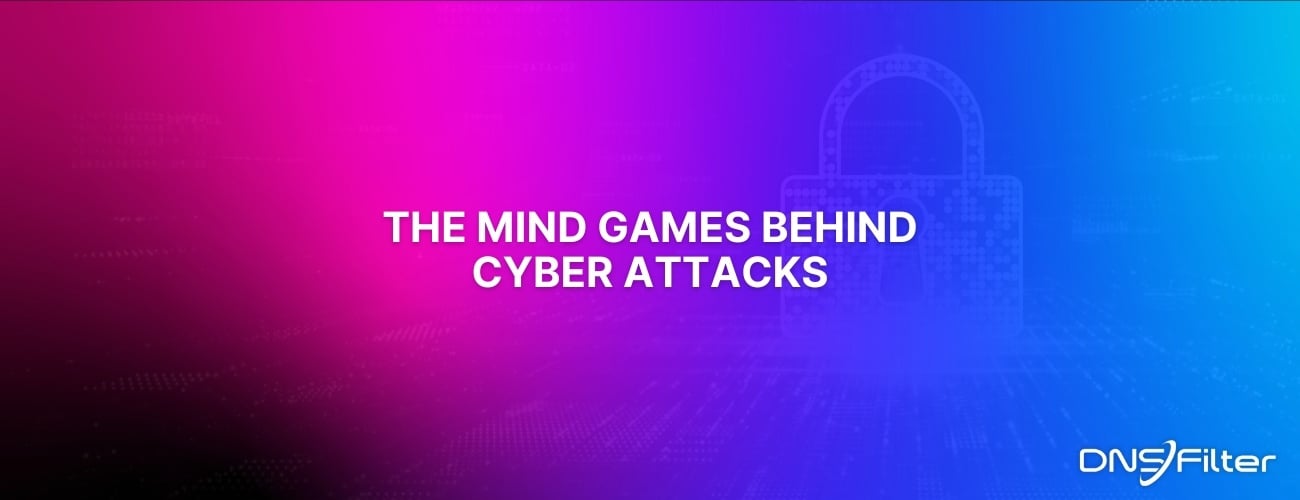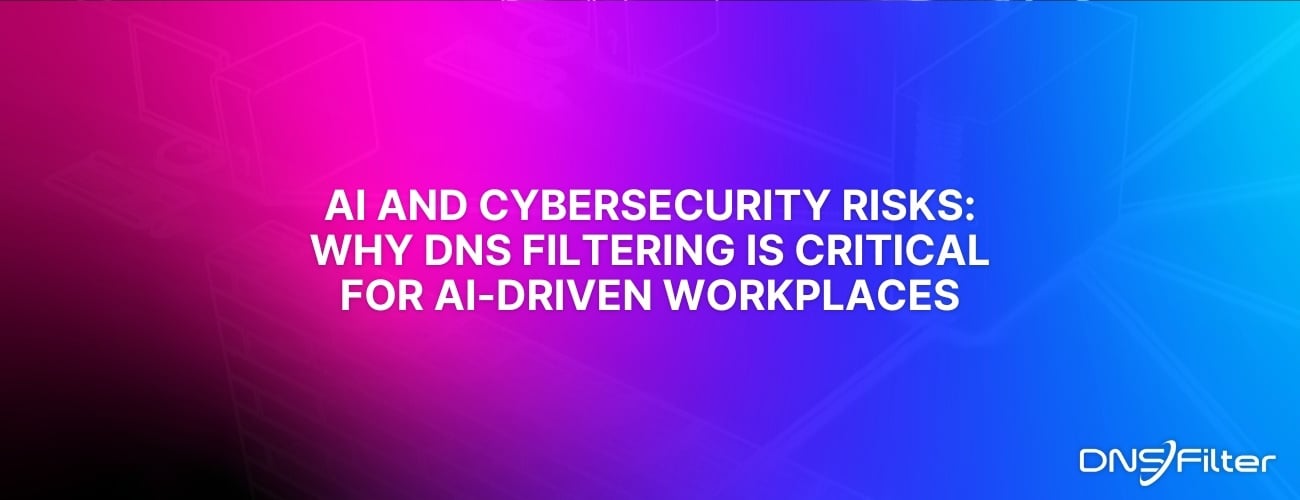Share this
DNSFilter State of Internet Security - Q1 2023
by Rebecca Gazda on May 10, 2023 2:00:00 PM
The cybersecurity landscape is evolving by the minute, with new threat vectors, hacking groups, and sophisticated scams emerging every day. While each threat is unique, they all have one thing in common: They originate online.
Organizations need to work securely, without the fear of being victimized by phishing, ransomware, or other DNS-based attacks. These companies need to know they are protected by detecting and blocking threats and setting and enforcing content policies with real-time monitoring. DNSFilter is the security company solving that challenge, making the internet safer and workplaces more productive.
To continue its mission, DNSFilter recently conducted research comparing internet threat growth from Q4’22 against Q1’23 using data from the DNSFilter network that supports over 26 million monthly users. DNSFilter resolves over 1.5 trillion queries per month and detects threats seven days earlier than competitors, including zero-day attacks.
DNSFilter shows a steady 61.39% increase in traffic leading to websites containing threats between October 2022 and March 2023.

More specifically, there has been a 281.88% increase in identified malicious phishing, malware, crypto and botnet traffic from October to March.

Diving deeper, phishing alone spiked 464.36% during the same period. The growth makes it clear that:
- Phishing is still a successful tactic for hackers,
- Businesses need to educate their employees about the dangers of these kinds of attacks;
- And more protection in place at the point-of-click is required.

And no one business is immune. Manufacturing, retail, telecom, healthcare, education, finance, and every business reliant on the internet must be alert to safeguard against phishing, malware, botnets, and other internet-based threats.
The chart below, showing the most clicked threat types over the last 30 days, paints an interesting picture aligning with the data from the quarter.
Phishing and deception attacks continue to pose the most significant problem across industries, with financial services (82.7%), retail and distribution (62.1%) and manufacturing (61.3%) being the most impacted.

DNSFilter’s report also shows that:
- The financial sector is a prime target for hackers, with nearly 83% of domain threats clicked attributed to phishing and deception.
- Software/hardware and technology companies are a hot target for malware and cryptomining attacks, comprising 38.6% of malicious domains clicked by this industry.
- 32.4% of clicked threats in business services are tied to new domains.
- 61% of domain threats clicked in healthcare and medical organizations are related to phishing and deception. Even more troubling? DNSFilter research also shows that employees in this sector are twice as likely to click a phishing link.
IT teams across industries need to remember every internet-connected device is vulnerable regardless of if it's connected at the office, on the go or at home. And research shows that 78% of threats are found at the DNS layer. So, the time to focus on your corporate network is now.
DNSFilter provides proprietary, machine learning-powered protective DNS threat detection, prevention and content categorization that works on any device, on any network globally, helping organizations confidently limit risks posed by unsafe and malicious content. More than 15,000 brands, including the U.S. Army, Nvidia, and The Salvation Army, trust DNSFilter to keep them safe. In 2022 alone, the threat protection leader blocked 9.1 billion threats.
To learn how you can protect your network with DNS filtering in as little as five minutes, start a free 14-day trial.
Share this
 Artificial Intelligence in Cybersecurity
Artificial Intelligence in Cybersecurity
The term “artificial intelligence (AI)” was first coined in 1956. While progress stalled for many years, we can thank IBM for sparking real interest in AI as viable technology: First in 1997 when the computer Deep Blue defeated a chess champion and again in 2011 when Watson won Jeopardy!
 The Mind Games Behind Cyber Attacks
The Mind Games Behind Cyber Attacks
Hackers have long understood that the most sophisticated firewall is no match for a well-placed psychological trick. While many focus on the technical prowess of cybercriminals, the real magic often lies in their ability to manipulate human behavior. By exploiting our natural tendencies and cognitive biases, hackers can slip past even the most robust security systems. It's not just about cracking codes; it's about cracking the human psyche.
 AI and Cybersecurity Risks: Why DNS Filtering is Critical for AI-Driven Workplaces
AI and Cybersecurity Risks: Why DNS Filtering is Critical for AI-Driven Workplaces
Artificial intelligence is transforming business operations, automating everything from customer service to data analysis. But with these advancements come new security challenges. AI-driven cyber threats are becoming more sophisticated, enabling attackers to automate phishing campaigns, generate malware, and exfiltrate sensitive data at scale. Without proper safeguards, AI tools can unintentionally leak corporate secrets or connect to malicious ...


